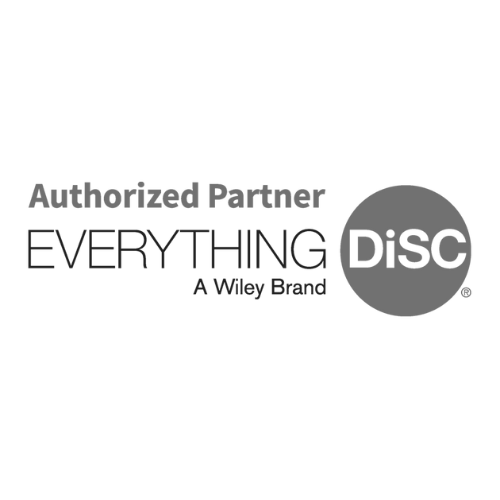Employers need to be aware that the current administration has dramatically increased the budget for ICE (Immigration Control Enforcement) officers to conduct official worksite audits of I-9 Forms (Employment Eligibility Forms). Incomplete or improperly completed forms can result in over $1000 of fines for each document. It is imperative that employers conduct an I-9 audit to ensure that I-9 forms have been completed for each employee on the date of hire.
For further questions or assistance in completing an I-9 audit, contact Essential HR.
The article below is a current article from SHRM on the ramifications for retaining undocumented employees.
"HR professionals are sometimes placed in sticky situations when it comes to workplace compliance. Now that the federal government has ramped up its immigration-enforcement efforts, it is critical that HR practitioners ensure that their companies are following proper employment-verification procedures. So what can HR do if an employer ignores immigration rules? What happens if workers provide false documents? Here's what immigration attorneys told SHRM Online.
President Donald Trump's administration has promised to quadruple workplace enforcement actions, and in the last six months, immigration officials have made good on that promise, said Becki Young, an attorney with Hammond Young Immigration Law in Silver Spring, Md.
Enforcement efforts include criminal arrests of undocumented workers and employers who knowingly hire or continue to employ undocumented workers. Therefore, HR professionals who are asked to participate in—or urged to ignore—these violations are advised to bring their concerns to management, she said. "If those concerns are not addressed, they should consider whether they love their job so much that they are willing to go to jail for it."
If intentional violations are discovered, HR should engage with the company's general counsel, if there is one, or with a senior executive if there is no general counsel, said Mitch Wexler, an attorney with Fragomen in Los Angeles and Irvine, Calif. In addition to jail time, potential consequences of knowingly violating immigration laws include fines, debarment from certain immigration programs and negative PR for the company.
"No job duties should include such risks or actions," said Kathleen Campbell Walker, an attorney with Dickinson Wright in El Paso, Texas. "Document your concerns to management in writing, if possible," she added.
False Documents
As part of the employment-verification process, employers must review certain documents listed on Form I-9 that establish identity and work authorization. Form I-9 lists documents in column A that establish both identity and work authorization, in column B that establish identity and in column C that establish work authorization. Employers may ask for either one document from column A or one document each from column B and column C.
The employer's obligation under the law is to examine the documents presented by the individual and ensure that the documents appear to be genuine and relate to that specific individual, Young explained. "The employer is not expected to be a document expert or a forensic scientist."
Employers must accept documents that appear to be genuine. However, if a document is clearly questionable, further investigation is required, Wexler noted. "Also, if an employer has actual knowledge of the fraudulent nature of a document or of the fact that an individual lacks employment authorization, it cannot ignore that."
It is possible to think that a permanent-resident card or Social Security card, for example, are legitimate when they may not be, Walker said. An employer may not know a document is fraudulent until Immigration and Customs Enforcement agents audit the I-9 forms.
"In addition, it is often hard to spot someone who is assuming someone else's identity," she said. "Certainly, technology advances improve the quality of fake documents."
If the employer can show that it made a good-faith effort and that a reasonable person could have believed that the documents in question were genuine and related to the individual, then that employer has an affirmative defense under the law for accepting those identification documents, Young said. She recommends that employers:
Provide regular training to HR employees who complete I-9 forms.Create a written I-9 compliance manual.Perform an internal I-9 audit every two to three years.Maintain a good track record for filling out I-9s completely and on time.
You can read the original article online here.








